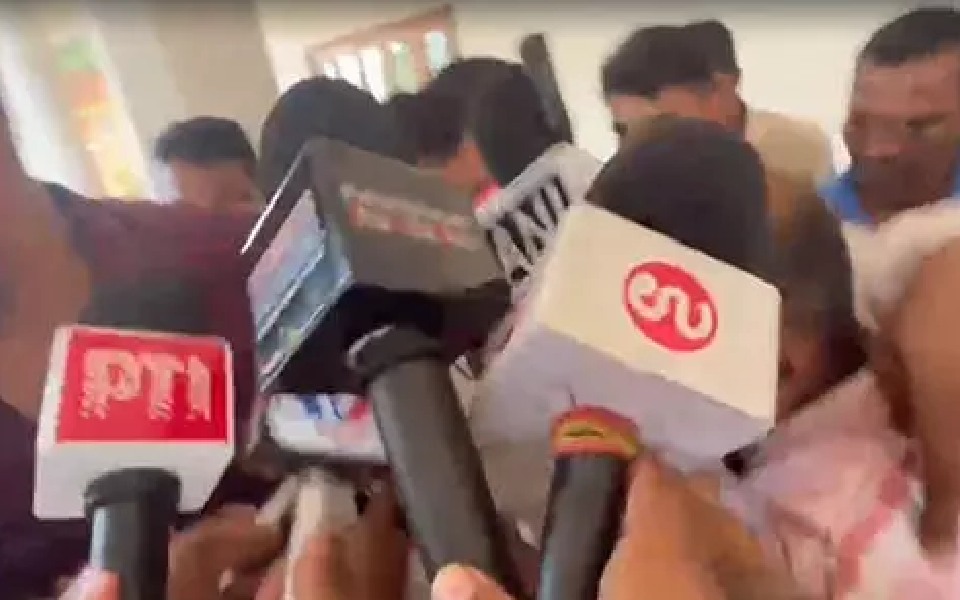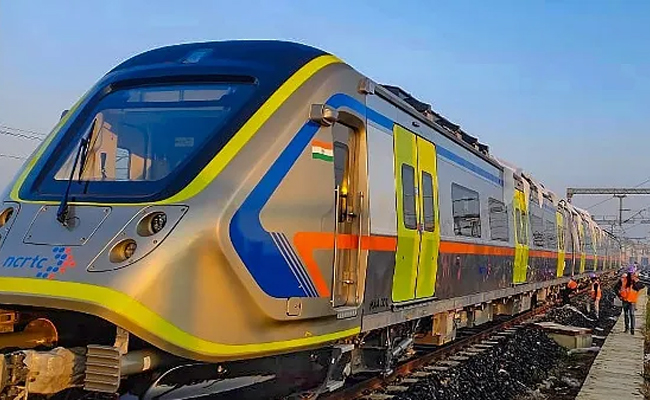Mangaluru: The Mangaluru Police have taken into custody a TV channel cameraman, Sharan, in connection with the recent vandalism at the Bejai massage center in the city.
Sharan's arrest comes after the police detained Prasad Attavara, founder of the Rama Sena organization, in connection with the same incident. The police are currently interrogating Sharan as part of their investigation.
According to sources, Sharan was present when Rama Sena workers broke into the massage center and vandalized it. Despite being aware of the attack, Sharan allegedly failed to inform the police department.
ALSO READ: Ram Sena activists vandalize massage parlor in Bejai, attack man
This is not Sharan's first brush with controversy. In 2009, he was arrested and charged for his involvement in the Mangalore pub vandalism case, which made international headlines. On that occasion, Sharan had accompanied the vandals and filmed the incident.
Let the Truth be known. If you read VB and like VB, please be a VB Supporter and Help us deliver the Truth to one and all.
Shimla (PTI): A woman has been arrested from Punjab for allegedly duping another woman of Rs 25 lakhs by promising her to arrange a visa for Canada, police said on Monday.
The accused has been identified as Manju Kumari, a resident of Punjab.
Senior Superintendent of Police SSP Shimla Gaurav Singh said that Manju had contacted the woman several months ago and had promised her to arrange a visa for Canada.
"After this, she asked for money for the same from the victim, which she transferred to her on multiple occasions. However, as time went by, Manju started to make various excuses and ignored her calls," the SSP said.
Upon suspecting being defrauded, the victim's brother registered a complaint, and a case was registered under sections 318 (4) (cheating), 61(2) (criminal conspiracy) and 352 (2) (intentional insults designed to provoke a breach of peace) of Bharatiya Nyaya Sanhita (BNS), the SSP said.
"Police teams were sent to Haryana and Punjab, but she kept evading arrest as she kept changing her locations as well as her mobile numbers. However, the police teams successfully arrested her on Sunday from a flat located in Kharar in Punjab," he said.
Further investigation into the matter is underway, and the defrauded money is also being recovered, he added.





